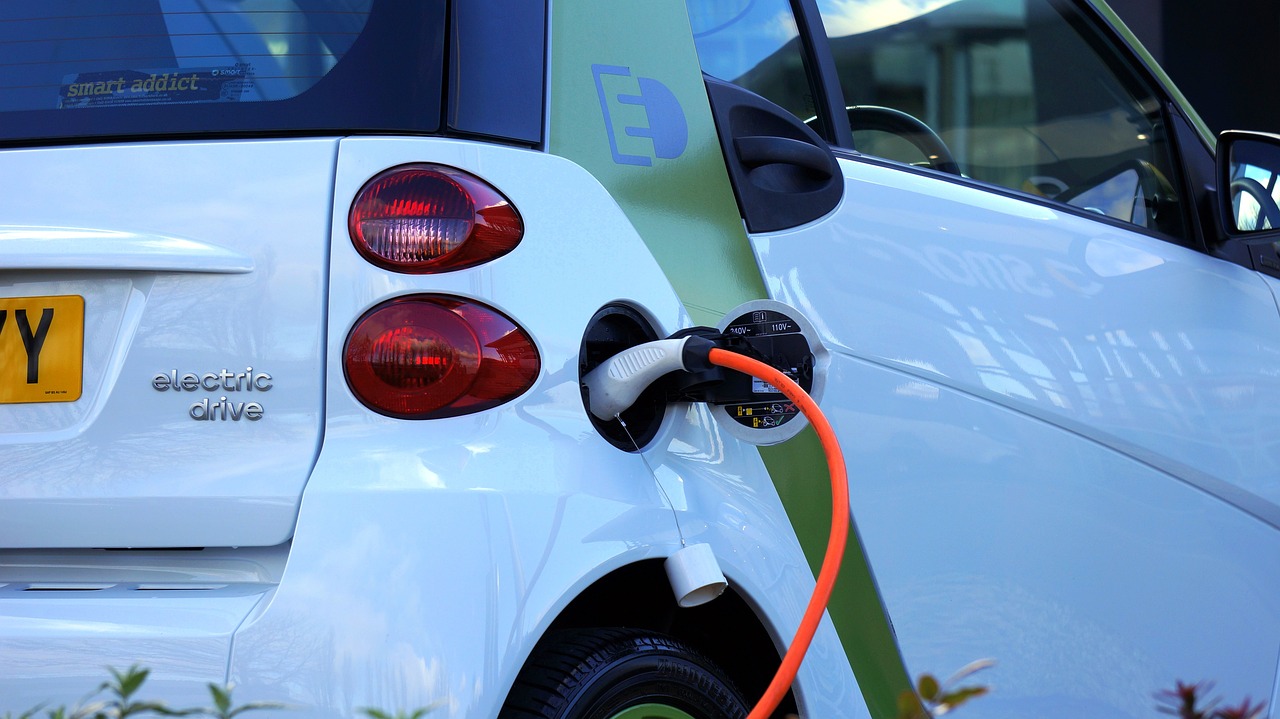The Revolution of Electric Cars: Paving the Way to a Sustainable Future
In recent years, the automotive industry has witnessed a remarkable transformation with the emergence of electric cars. Electric vehicles (EVs) have gained significant attention as a promising alternative to traditional internal combustion engine (ICE) vehicles, offering a cleaner, greener, and more sustainable mode of transportation. This article explores the rise of electric cars, their environmental benefits, technological advancements, and the challenges they face in their quest to become the future of mobility.
Environmental Benefits
One of the primary driving forces behind the widespread adoption of electric cars is their positive impact on the environment. Unlike conventional gasoline-powered vehicles, electric cars produce zero tailpipe emissions, thus mitigating air pollution and reducing greenhouse gas emissions. As the electricity grid becomes cleaner, with the integration of renewable energy sources, the environmental benefits of electric cars only amplify. Studies indicate that EVs can significantly decrease overall carbon emissions and help combat climate change.
Technological Advancements
The rapid advancements in technology have played a pivotal role in the development and growth of electric vehicles. Battery technology, in particular, has witnessed remarkable progress, leading to improved energy storage, longer driving ranges, and shorter charging times. Lithium-ion batteries, the primary power source for electric cars, have become more efficient and affordable, making EVs a viable option for consumers.
Moreover, the electric car industry has also witnessed advancements in charging infrastructure. Governments, corporations, and public entities have invested heavily in expanding the charging network, enabling EV owners to charge their vehicles conveniently, both at home and in public spaces. Additionally, wireless charging technologies are being developed, eliminating the need for physical charging cables, further enhancing the convenience and accessibility of electric cars.
Economic and Social Implications
Electric vehicles have far-reaching economic and social implications. The adoption of electric cars contributes to the creation of green jobs, as the manufacturing and maintenance of EVs require specialized skills and expertise. This transition can also reduce dependence on fossil fuel imports, boosting energy security and promoting economic growth.
Furthermore, the proliferation of electric cars has the potential to revolutionize the concept of mobility. With the advent of autonomous driving technology, electric autonomous vehicles can reshape transportation systems, reducing traffic congestion, enhancing safety, and improving overall efficiency. Electric car-sharing programs and ride-hailing services can further promote sustainable mobility and reduce the number of privately owned vehicles, ultimately leading to reduced urban sprawl and enhanced urban planning.
Challenges and Future Outlook
Despite the numerous advantages, electric cars face several challenges that hinder their widespread adoption. The limited availability of charging infrastructure, high upfront costs, and range anxiety remain significant barriers for potential buyers. However, as technology continues to improve and costs decline, these challenges are being addressed, making electric cars more accessible and affordable for consumers.
The future outlook for electric cars is promising. Governments worldwide are implementing policies and incentives to accelerate the transition to electric mobility, such as subsidies, tax breaks, and stricter emissions regulations. Many automakers have also committed to phasing out internal combustion engines entirely in the coming years, further propelling the growth of electric cars.
Conclusion
Electric cars represent a significant step towards a sustainable future. Their environmental benefits, coupled with technological advancements and economic implications, make them a compelling alternative to traditional gasoline-powered vehicles. As the world strives to combat climate change and reduce greenhouse gas emissions, the transition to electric mobility becomes increasingly critical.
While challenges persist, the efforts to expand charging infrastructure, lower costs, and improve battery technology continue to drive the growth of electric cars. With the continued support of governments, technological innovation, and increasing consumer awareness, electric cars have the potential to revolutionize the transportation sector, creating a cleaner, greener, and more sustainable world for generations to come.





